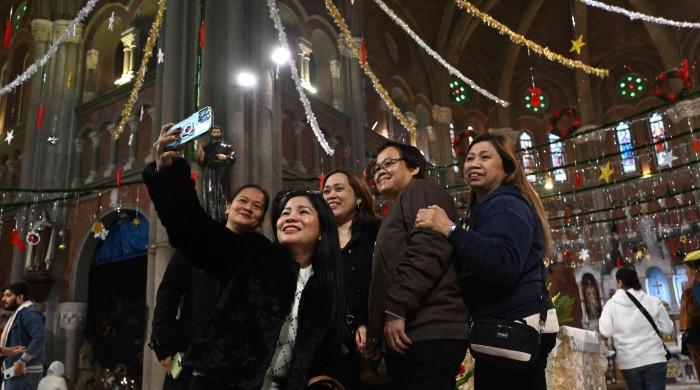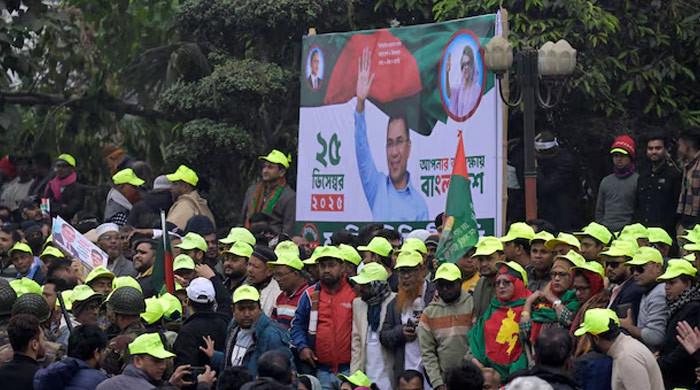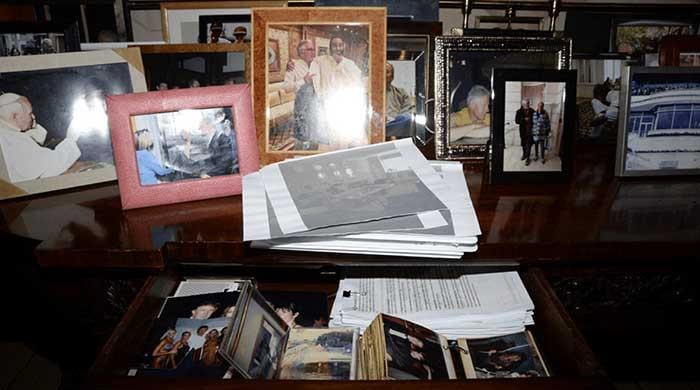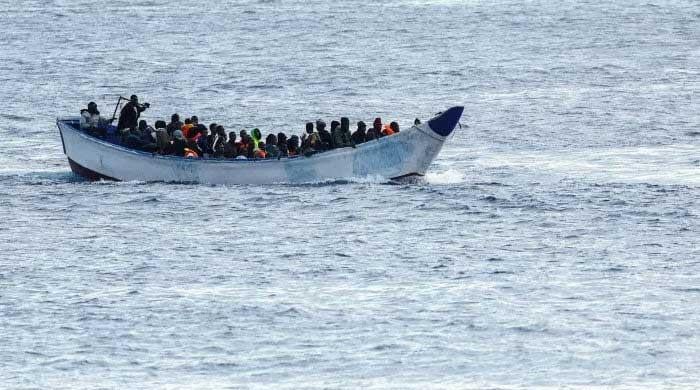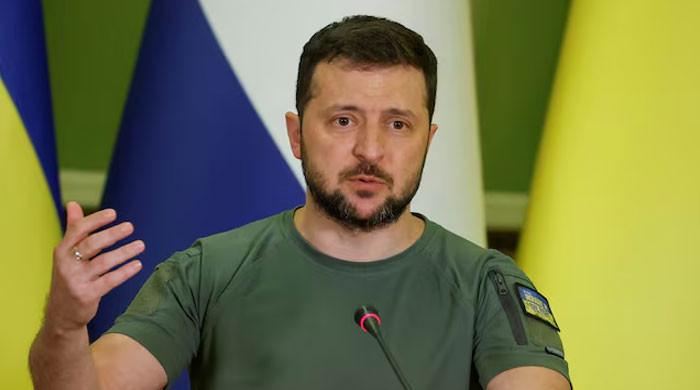Macri set to consolidate power in Argentina vote
Macri's centre-right Cambiemos coalition is on track to strengthen its hand in both houses of Congress in the legislative polls
October 21, 2017
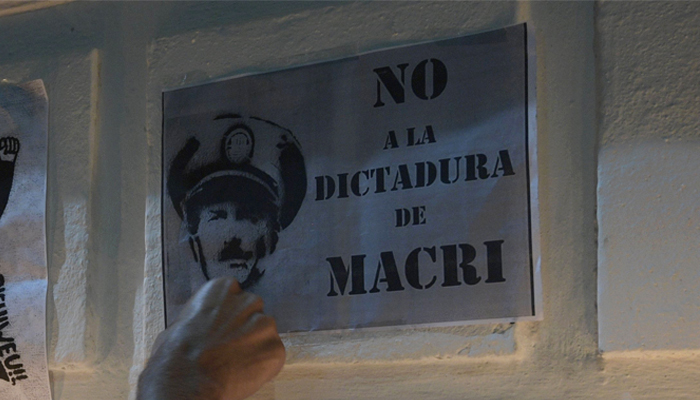
BUENOS AIRES: Argentine President Mauricio Macri's minority government faces a mid-term electoral test Sunday that is likely to confirm the political comeback of ex-president Cristina Kirchner, who is set to win a Senate seat.
Macri's centre-right Cambiemos coalition, seeking a mandate to push forward with plans to overhaul the economy, is on track to strengthen its hand in both houses of Congress in the legislative polls.
"We are at the beginning of a long road," the president told an election rally this week, referring to a painful reform program which he has so far managed to push through with the help of allies in Congress despite having only 87 seats in the 257-seat Congress, and 15 of 72 Senate seats.
Kirchner, one of Macri's most prominent critics, should cap a return to the political fray with a Senate seat despite facing several corruption charges which she says are politically motivated.
The 64-year-old dominated Argentine politics for years alongside her late husband Nestor before leaving office in 2015 after 12 years in power.
A seat in the Senate would spare Kirchner jail if convicted of corruption. Her supporters hope it could also pave the way for a fresh presidential bid in 2019.
Legal immunity
Macri, 58, has staunchly defended his budget cuts throughout the campaign, insisting they have turned the tide of Argentina's long-struggling economy, but Kirchner and other critics say they are hurting the poor.
Latin America's third-largest economy has recovered from recession last year and growth is expected to reach 3.0 percent by the end of 2017. Consumer spending began to recover in September, after 18 months of slump.
"The outlook is quite positive, the economy has reactivated itself," said economist Hector Rubini.
Foreign investors have been largely reassured by Macri's reforms and are watching to see how much of a boost he can get from Sunday's polls.
"The government hasn't finished resolving the economic question, but everything indicates that it will do well," in the election, political scientist Fernando Ohanessian said.
Ohanessian said Macri's coalition also stands to benefit from divisions in the broadly leftist Peronist movement embodied by Kirchner.
"Divisions within Peronism are allowing the government to consolidate its position as the prime political force in the country."
The Peronist movement, founded by Juan Domingo Peron in the 1940s, is currently split between Kirchner's leftists and a more centrist current.
"If after the election, Peronism unifies, it will be complicated for the government, otherwise the government may consider a strategy to seek a second president term " in 2019, said Ohanessian.
In the Italy-sized province of Buenos Aires, home to nearly 40 percent of the electorate, Kirchner is still able to wield considerable political clout.
However, she has failed to capitalize on the discontent of Argentinians, whose purchasing power has been weakened by inflation that soared 40 percent in 2016 and 17 percent in the first nine months of 2017.
A third of Argentines are living in poverty, according to a study earlier this year by Argentina's Catholic University.
"It's time to put to a stop to this," Kirchner told a rally at a football stadium this week. "Do not let this policy continue and put the country into debt."
Kirchner's showing, however, isn't enough to mount a serious challenge in 2019, according to political analyst Jorge Giacobbe.
"Cristina Kirchner can never again be president," he said.
Former president Carlos Menem, at 87, is seeking a third term in the Senate, despite facing accusations he illegally traded weapons to Ecuador and Croatia.





